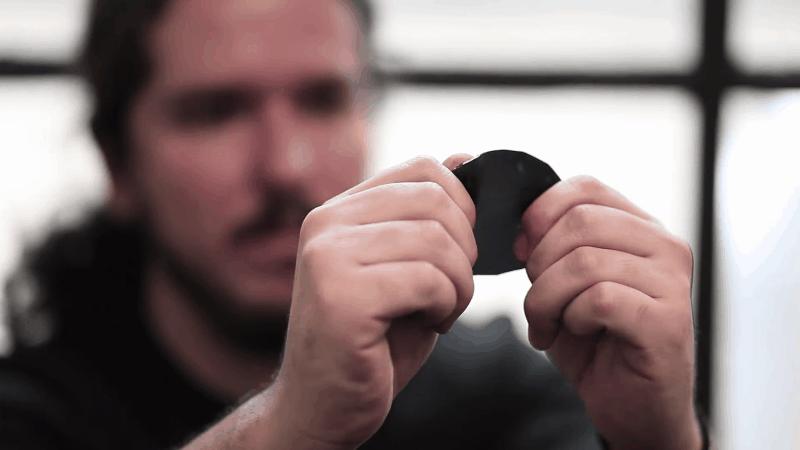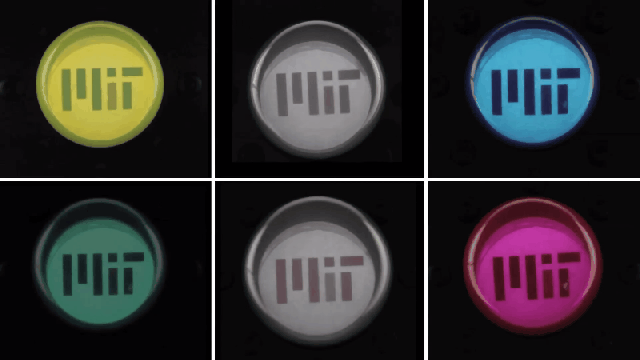The good minds at MIT have used a rubber-like polymer to predict how much light gets transmitted through a material, depending on its thinness and stretchiness. The material could lead to windows that automatically adjust the amount of light that’s let in.
We all know that some materials, like balloons, get more transparent the more you stretch them. But that reason is actually hard to nail down from a mathematical standpoint. Like, when exactly does something get more transparent as you stretch it? What exactly needs to happen to let more light through?

So the MIT team combined existing optics theories with their own experimental observations, shining light through dyed polymers, both stretched and not stretched. They found that they could devise an equation that accurately predicted how much light came through the material and at which intensities of stretchiness. That equation was published this week in the journal Advanced Optical Materials.
The main application for this elastic wonder is smart windows that adjust transparency and automatically let in just the right amount of sunlight. Smart windows have been around for a while, but they’re built with expensive materials, so outfitting a whole house with them can be pricy. Layering several sheets of this new polymer could be a cheaper alternative, and designers can use the MIT equation to determine exactly how transparent each window should be.
Whether you need a better pair of Transitions or a limo ride with a sliding tinted window scale, this material could lead to some cool developments. The researchers envision entire buildings with new and improved smart windows, which can cut heating, AC, and cut energy costs.
[MIT News]
GIFs via MIT YouTube
